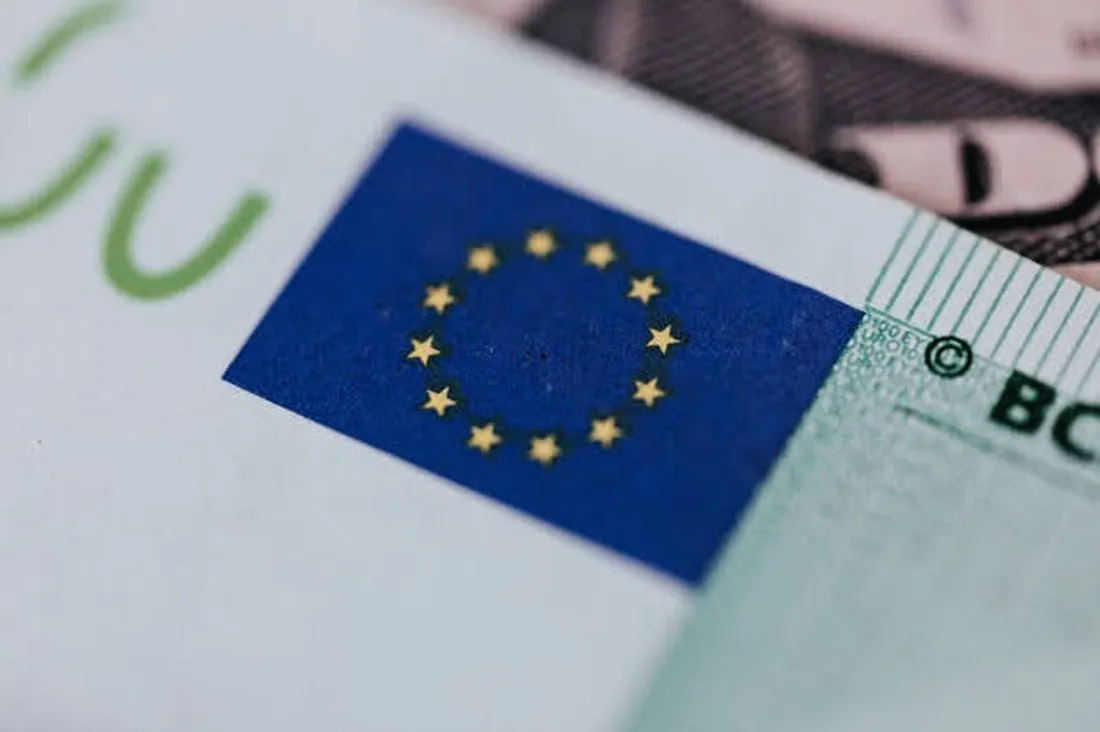
The approval of the EIB Strategic Roadmap 2024-2027 comes after months of exchanges between the President of the European Investment Bank (EIB) Nadia Calviño, governments, and key EU partners and stakeholders.
Specifically, the document - which was the focus of ad hoc meetings held by the "Economic and Financial Affairs Council" (ECOFIN) in February and April - outlines eight strategic priorities, as well as new programs, to help strengthen European capital markets while simultaneously bridging the investment gap in Europe.
"Citizens and businesses expect Europe to support forward-looking investments and the EIB Group's Strategic Roadmap will contribute precisely in this direction to defend Europe's prosperity, competitiveness, and strategic autonomy," stated President Nadia Calviño during the Board of Governors' session.
The eight priorities specifically include: action for climate; digitalization and innovation; security and defense; cohesion; agriculture and bioeconomy; social infrastructure; impact investments in third countries; contribution to strengthening the European capital markets.
Let's review the innovations anticipated by the Strategic Roadmap and the procedure for amending the EIB Statute.
The eight priorities of the EIB Strategic Roadmap 2024-2027
The EIB Group plays a significant role in supporting the resilience of the European economy, especially in light of the latest ongoing crises. In this context, with reference to today's socio-political scenario, the strategic roadmap 2024-2027 provides a clear message about the continuity of the EIB's commitment to strengthen its role as the financial arm of the European Union.
To address the challenges and seize the opportunities of the current context, the Roadmap first plans the launch of an investment program for the EU's strategic technologies (Strategic Tech EU) to strengthen Europe's strategic autonomy and promote internal innovation. Strategic technologies include Artificial Intelligence, microchips, life sciences, and quantum computing. The initiative will cover the entire value chain, including critical raw materials.
There is also a plan to expand the Initiative dedicated to European technology champions (European Tech Champions - ETCI) to attract private capital and thus finance the expansion of innovative startups.
The EIB also plans to replicate the model of standardized financial instruments in other key sectors of the European economy, such as energy efficiency for small and medium enterprises and building efficiency. The goal: to advance the Union of European capital markets.
The Strategic Roadmap also includes strengthening EIB investments and developing new financial tools, in order to increase European resilience in water management and support agriculture, the bioeconomy, and food security. These programs will provide liquidity, pool resources, and reduce investment risk.
Regarding commitments with third countries, the EIB Group will focus more on impact operations, focusing on three fronts: support for Ukraine, also in view of a positive EU enlargement process; strengthening international partnerships with neighboring countries; supporting the strategic agenda of the Global Gateway in Africa and the world.
As for the focus on climate, the bank reports that "the EIB will continue to dedicate over half of its annual financing to climate action, with particular reference to clean and affordable energy, and remains on track to support 1000 billion euros of green investments in the critical decade ending in 2030."
Attention to cohesion policies is also ensured. The Strategic Roadmap indeed plans that "nearly half of the sums lent annually by the EIB will be allocated to projects in cohesion regions, demonstrating the Group's commitment to equitable growth and the convergence of living standards, bolstered by the growing focus on investments in social infrastructure such as healthcare, subsidized housing, and educational facilities," the Group reports.
Finally, support for the European security and defense industry could not be missing, with the EIB having already modified its financing policy to expand the range of financeable investments, including: military mobility, border protection and other critical infrastructure, demining and decontamination, cybersecurity, space, research and development (R&D) activities, and other dual-use technologies and infrastructure.
Consult the EIB Group's Strategic Roadmap 2024-2027
The procedure for amending the EIB Statute
In addition to approving the 2024-2027 Roadmap, the Board of Governors has initiated the process of amending the EIB Statute to enable the Group to fully exploit its potential in supporting the European economy, while preserving its credit rating, financial leverage, and capital position.
Specifically, the governors agreed to increase the leverage ratio (i.e., the maximum nominal amount of outstanding loans that can be recorded in the balance sheet expressed as a percentage of subscribed capital) from 250% to 290%. This way, the Bank can maintain the planned annual lending volumes for 2024 and implement further mandates and guarantees under the European budget, without compromising its financial leverage and capital ratios.
Goal: to provide sufficient margin to realize the strategic roadmap and direct investments in sectors such as clean energy, batteries, social and territorial cohesion, security, and defense.
With the introduction of the new limit, the Group explains, "the EIB would still maintain its primary capital ratio of class 1 (Core Tier 1 capital ratio), which is already very high but would be further raised thanks to internal measures to enhance efficiency and profitability; all without weighing minimally on European taxpayers."





